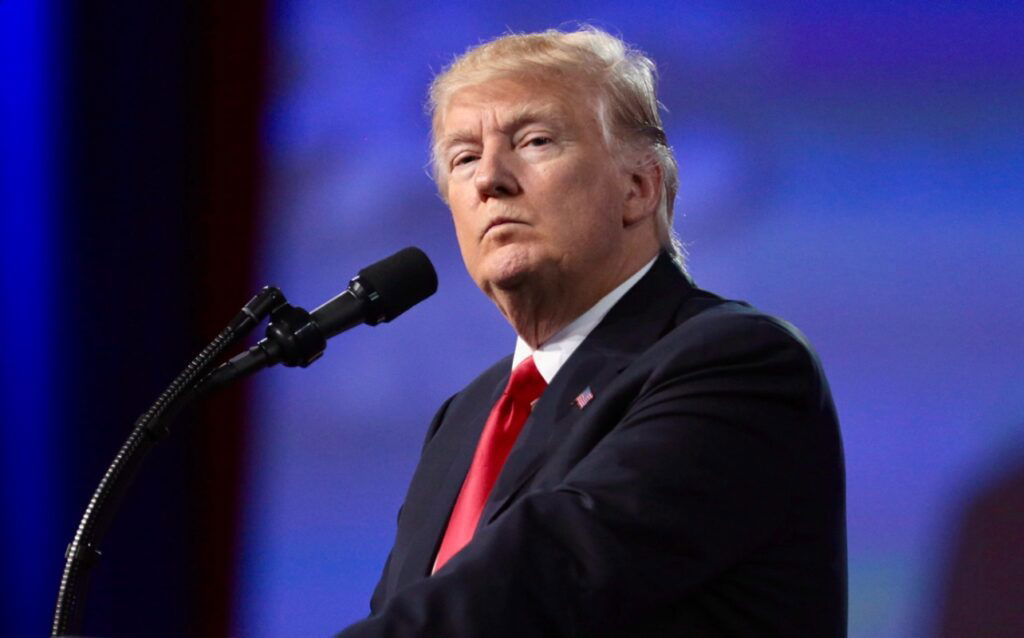A judge has ruled that a Texas school's hair policy does not violate the CROWN Act, a law that prohibits discrimination based on natural hairstyles.
Judge rules district policy allows male students to wear braids, locs, or twists as law doesn't mention hair length and is not discriminatory.

A recent court ruling has determined that the dress and grooming policies of a Texas school district were not in violation of the state's CROWN Act. This decision came after a Black teenager, Darryl George, was disciplined for the length of his dreadlocks. As the judge, Chap Cain III, announced his verdict in favor of the Barbers Hill Independent School District, there were audible gasps from George's supporters who had traveled from far and wide to show their support. The district had been accused of violating the CROWN Act in a lawsuit filed by George's family. However, Cain stated that the district's policy did not discriminate against male students who wore braids, locs, or twists because the law did not specifically mention hair length.
For those unfamiliar, the CROWN Act was passed to prevent schools from discriminating against students based on their hair texture and style. This includes popular styles like braids, dreadlocks, and Bantu knots, and it also prohibits racial discrimination based on hair in schools. During the trial, George's attorney, Allie Booker, called two witnesses to the stand - George's mother and state representative Ron Reynolds, who was one of the co-authors of the CROWN Act. Reynolds testified that hair length was not explicitly mentioned in the act, but it was implied by the nature of these styles. "Anyone familiar with braids, locs, and twists knows that they require a certain length," he stated. Interestingly, the school district did not have any witnesses to testify on their behalf but did submit evidence, including an affidavit from the superintendent defending their dress code policy.
This case has garnered national attention as it is a clear example of the ongoing battle to end discrimination against natural hairstyles. George, who had refused to cut his locks to comply with the school's standards, has spent most of his junior year in in-school suspension or at an off-site disciplinary program. As he left the courtroom with tears in his eyes, family spokesperson Candice Matthews stated that he asked, "All because of my hair?" Clearly, this has been a difficult and emotional experience for him. In a later statement to the media, George expressed that this ordeal has taken a toll on him, causing feelings of anger, sadness, and disappointment. When asked if he felt like his childhood was being taken away from him, he replied with a resounding "for sure."
Following the ruling, supporters of George and the fight against hair discrimination gathered outside the courthouse, chanting "Justice for Darryl George" and holding signs with hashtags like #DoesMyHairOffendYou and #MyHairIsNotAThreat. One hair stylist, Janaie Roberts, even set up a salon chair at the demonstration to style protesters' dreadlocks, stating that hair is a form of self-expression and should not hold anyone back. "We should have the freedom to be ourselves, just like we have the freedom of speech," she said.
Despite the disappointing ruling, Matthews assured that this is not the end. The family has vowed to continue fighting and have filed a complaint with the Texas Education Agency and federal civil rights lawsuits against Gov. Greg Abbott, Attorney General Ken Paxton, and the school district for failing to enforce the CROWN Act. It is clear that this fight is far from over, and the George family, along with their supporters, will not back down until justice is served.










